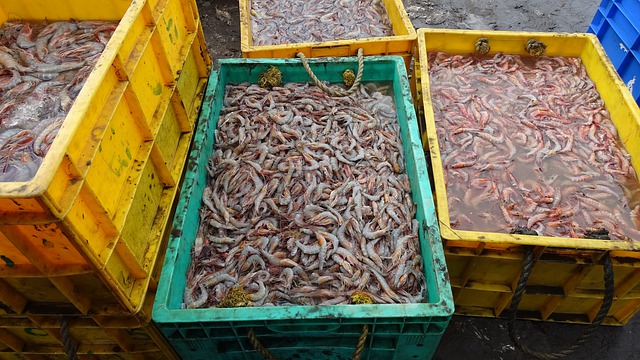Friday news roundup February 14, 2020

Half the countries in the world have yet to make it a crime to enslave another human being, according to new research. The study reveals that although legal ownership of people was abolished globally over the past 200 years, almost half of the world’s countries do not have a criminal law that penalizes either slavery or the slave trade. The researchers were developing an anti-slavery database, mapping domestic legislation against international treaty obligations for all 193 of the United Nations’ member states, when they found: 94 states (49%) appear not to have criminal legislation prohibiting slavery; 112 states (58%) appear not to have put in place penal provisions punishing forced labor; 180 states (93%) appear not to have enacted legislative provisions criminalizing servitude; and 170 states (88%) appear to have failed to criminalize the four institutions and practices similar to slavery. “In all these countries, there is no criminal law in place to punish people for subjecting people to these extreme forms of human exploitation,” say the researchers.
A group of female high school runners in the US filed a lawsuit to block transgender athletes from participating in girls’ sports. The three young women from a high school in Connecticut argue that allowing trans athletes to compete has deprived them of track titles and scholarship opportunities. The trans athletes at the center of the suit vehemently defend their right to compete without discrimination. Connecticut is one of 17 states that allowed trans high school athletes to compete without restrictions in 2019. Eight states required athletes to compete under the gender on their birth certificates or allowed them to participate only after going through sex reassignment procedures or hormone therapies, according to Transathlete. No hearing date has yet been scheduled.
Researchers have developed an AI to rewrite outdated sentences on Wikipedia, reducing the need for human editing. In a paper presented at the AAAI Conference on AI, the MIT researchers describe a text-generating system that pinpoints and replaces specific information in relevant Wikipedia (the online encyclopedia) sentences, keeping the language similar to how humans write and edit. The researchers are hopeful that in the future it could be possible to build an AI that can do the entire process automatically. “There are so many updates constantly needed to Wikipedia articles. It would be beneficial to automatically modify exact portions of the articles, with little to no human intervention,” said Darsh Shah, a PhD student in MIT’s Computer Science and AI Laboratory, one of the lead authors. Shah says the system offers dramatic improvements in efficiency, because it reduces the need for hundreds of volunteer editors to only a few, “because the model is helping or doing it automatically.”
It will be a long time before the coronavirus outbreak’s effects on the global economy are revealed. While only 0.0008% of people on Earth have so far been diagnosed with the virus, as a result of the circulation of disease and capital, the whole world has been affected. Wuhan, the Chinese manufacturing city at the center of the outbreak, is thoroughly entangled within global supply chains, meaning that the disease and its containment measures (e.g. quarantining 70 million people) will have a dramatic effect on many different industries. Any company that imports materials from China should be concerned about production and distribution slowdowns. Meanwhile, exporters face a drop in Chinese demand. However, while there might be fewer items in stores, prices might rise, and product development could slow down, another impact will be seen in the data describing the reality of the outbreak, which take time to reflect on-the-ground commerce. “When the economy suffers a globe-altering shock, statistical windows on the world can be dangerously out of step with reality,” writes Alexis C. Madrigal in The Atlantic.